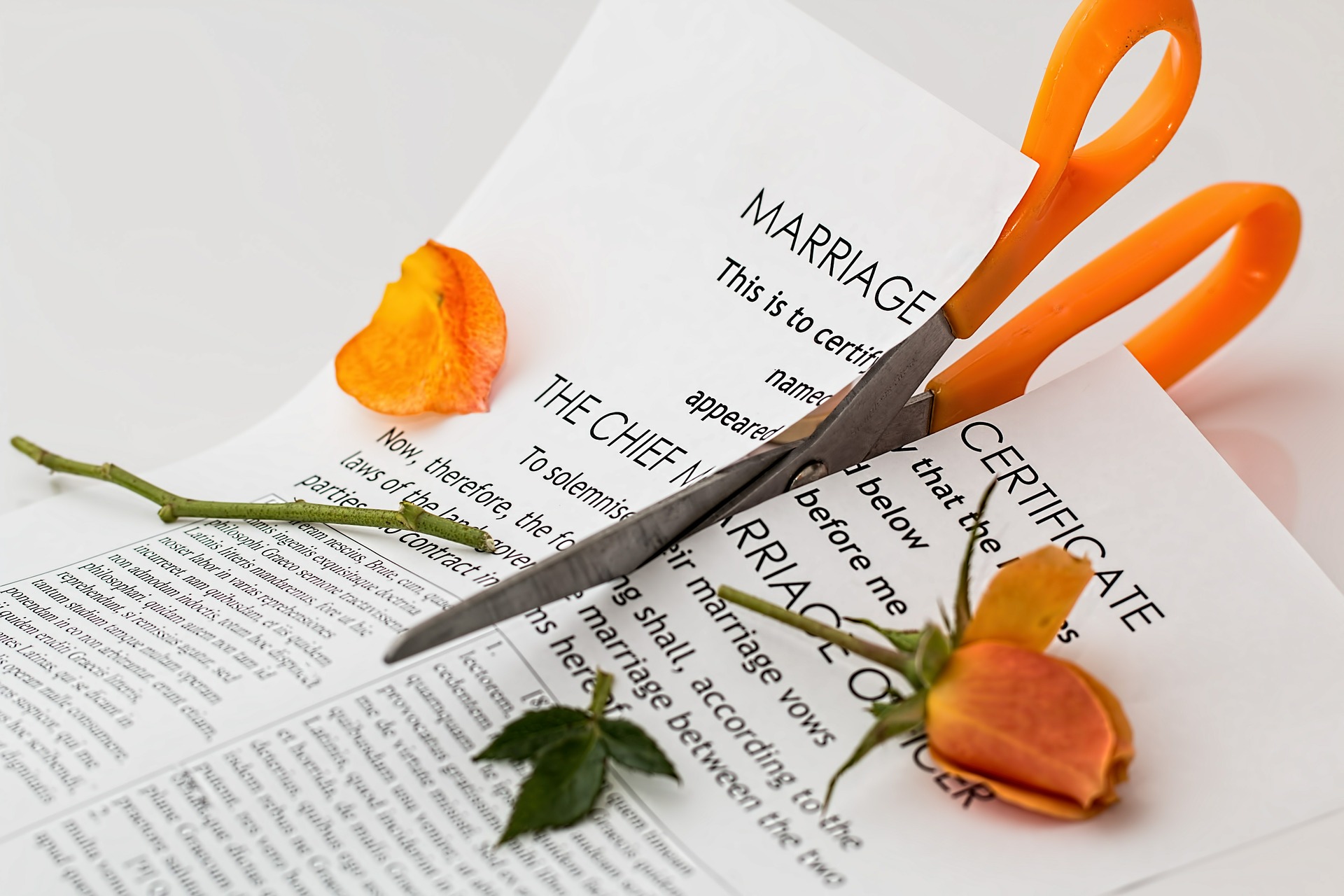Las Vegas Bankruptcy and Divorce

Bankruptcy and divorce often go hand in hand, or one legal proceeding follows the other. In some cases, that’s because financial stressors can be a significant factor in the deterioration of a marriage, meaning that a couple is already struggling with debt when they decide to separate. In other cases, the cause and effect may be the opposite: the costs of dividing the household and stretching the same amount of money to cover the increased expenses associated with living separately strain the couple’s finances and trigger bankruptcy. In a small percentage of cases, it’s strategic, with one spouse filing to attempt to avoid certain obligations post-divorce.
A report from the Center for Economic Studies at Stanford University revealed that consumer bankruptcy filers were disproportionately divorced, separated, or widowed. While 16.7% of U.S. adults generally fell into one of those three categories, 30.5% of Chapter 7 bankruptcy petitioners and 23.8% of those filing for Chapter 13 were divorced, separated, or widowed.
For those separating and divorcing while navigating financial difficulties, it is important to understand the interplay of bankruptcy and divorce before moving forward.
Timing of Divorce and Bankruptcy
If a couple is contemplating divorce and one or both spouses is also considering bankruptcy, it’s a good idea to consult both a divorce lawyer and a Nevada bankruptcy attorney before making any decisions about how to move forward. The timing of the bankruptcy filing can have an impact both on the divorce case itself and on how beneficial the bankruptcy is to each spouse.
Often, if a couple is considering bankruptcy, it is in the best interests of both parties to file together before divorcing. Some of the benefits of filing first may include:
- A joint bankruptcy allows a couple to discharge debts as to both spouses in one proceeding, saving time and money
- The doubling of certain bankruptcy exemptions in a joint Nevada bankruptcy case may be more beneficial than each spouse claiming the single exemption separately
- Any debt to be discharged and/or property to be surrendered will be removed from the equation when dividing debts and assets in the divorce case
- Both spouses will have a clearer view of their financial circumstances moving forward when negotiating issues such as property settlement and spousal maintenance
In addition, the filing of a bankruptcy case during the process of a divorce may put the divorce case on hold for months—or longer—while the bankruptcy case is resolved.
Of course, every situation is different. While it may generally be beneficial to file for bankruptcy protection prior to the divorce filing, this decision is best made in consultation with an experienced local bankruptcy lawyer.
The Impact of Bankruptcy after Divorce
Most financial obligations emerging from a divorce case are not dischargeable in bankruptcy. For example, child support obligations are generally non-dischargeable, as are other domestic support obligations such as alimony / spousal maintenance. Section 523(a)(15) of the U.S. Bankruptcy Code also deems other obligations to a child, spouse, or former spouse arising out of a separation agreement, divorce decree, or other court order non-dischargeable.
However, when one former spouse discharges shared debt after bankruptcy, the impact may be more complicated than the exception to discharge would suggest. That’s because creditors may be more likely to pursue the non-filing party after one ex-spouse files for bankruptcy protection.
Imagine, for example, that both spouses are obligated on a $10,000 debt to a credit card company. In the divorce case, the parties agree and the court orders that the husband will pay the full amount of this debt. However, shortly after the decree is entered, the ex-husband files for Chapter 7 bankruptcy, discharging the credit card debt.
Since the ex-husband filed alone, the ex-wife is still obligated to the credit card company. And, since the divorce court has jurisdiction only over the couple and not the credit card company, the divorce decree doesn’t affect the credit card company’s right to pursue payment from the ex-wife. Thus, even though the ex-husband agreed to pay the debt and the divorce court ordered him to do so, the ex-wife may still be sued, have her wages garnished, and otherwise be subjected to collection action. Her only recourse may be against her ex-husband.
This issue can be even more significant in a community property state like Nevada, as both spouses are generally responsible for any debts incurred during the course of the marriage, even if only one of them was actually a party to the contract.
The Bottom Line on Nevada Bankruptcy and Divorce
When a couple is considering both divorce and bankruptcy, careful analysis and planning is required. To ensure maximum benefit from the bankruptcy filing and avoid unintended consequences and unexpected obligations, it is best to consult with both a divorce lawyer and a local bankruptcy attorney before taking any action.
Freedom Law Firm offers free consultations to help people in difficult circumstances make good decisions for the future. Schedule yours right now by filling out our contact form or calling 702-903-1254.
